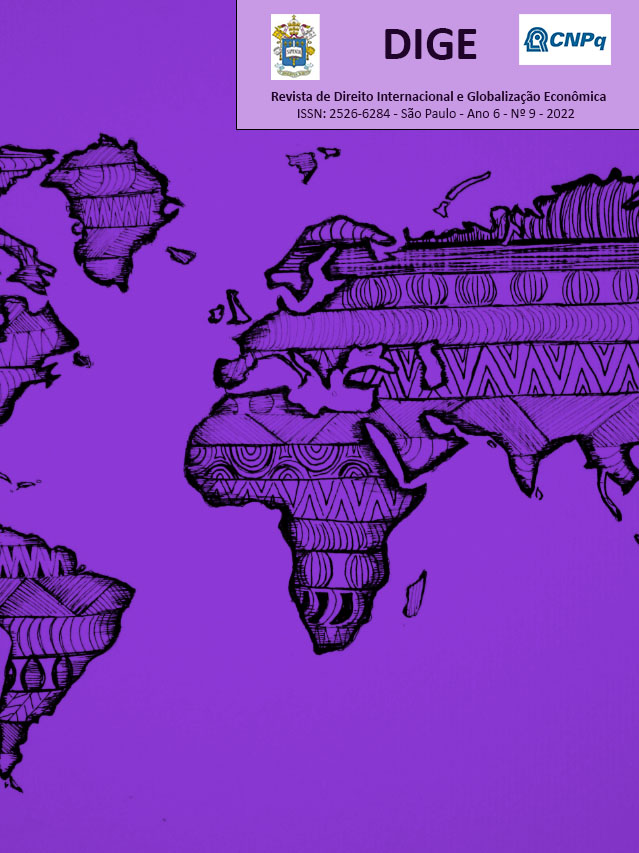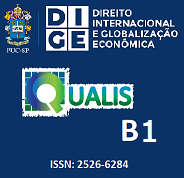O reconhecimento biométrico facial e a utilização pelo Poder Público
DOI:
https://doi.org/10.23925/2526-6284/2022.v9n9.60092Palavras-chave:
Reconhecimento Biométrico Facial, Direito, Tecnologia, Legislação Poder Público, Transparência, Direitos Fundamentais.Resumo
A biometria facial vem sendo cada vez mais utilizada pelo poder público para reconhecimento dos indivíduos. Apesar dos dados biométricos faciais serem considerados sensíveis, o uso desta tecnologia carece de cuidado no que tange ao direito à privacidade e aos possíveis casos de vieses discriminatórios capazes de trazerem aos seus titulares danos irreparáveis, vez que acontecimentos nessa esfera são constantemente relatados em países que adotaram o uso dessa tecnologia. No Brasil não existe uma legislação específica que regulamente o seu uso, há projetos de lei há anos em tramitação sem que haja, entretanto, qualquer avanço em sua aprovação, no entanto, apesar da lacuna legislação o poder público faz uso constante do reconhecimento facial.
Referências
________The Facial Recognition World Map. Holanda, 2020. Disponível em <https://surfshark.com/facial-recognition-map>. Acesso em: 20 de dezembro de 2022.
AZEVEDO, Cynthia Picolo Gonzaga de; LIMA, Eliz Marina Bariviera de; SILVA, Felipe Rocha da; RODRIGUES, Gustavo Ramos; DUTRA, Luiza Corrêa de Magalhães; SANTARÉM, Paulo Rená da Silva; VIEIRA, Victor Barbieri Rodrigues. Nota técnica: análise comparativa entre o anteprojeto de LGPD penal e o PL 1515/2022. Instituto de Referência em Internet e Sociedade (IRIS) e Laboratório de Políticas Públicas e Internet (LAPIN), novembro de 2022. Disponível em: <https://irisbh.com.br/wp-content/uploads/2022/11/Nota-tecnica-Analise-comparativa-entre-o-anteprojeto-de-LGPD-Penal-e-o-PL-1515-2022.pdf >. Acesso em: 20 de dezembro de 2022.
BRASIL, Emanuelle. Câmara dos Deputados. Agência Câmara de Notícias <https://www.camara.leg.br/noticias/893704-projeto-altera-lei-de-protecao-de-dados-para-resguardar-seguranca-publica-e-defesa-nacional/> Acesso em: 12 de dezembro de 2022
BRASIL. Constituição (1988). Constituição da República Federativa do Brasil. Brasília, DF: Senado Federal: Centro Gráfico, 1988. Disponível em <http://www.planalto.gov.br/ccivil_03/constituicao/emendas/emc/emc115.htm> Acesso em: 12 de dezembro de 2022
BRASIL. LEI Nº 13.709, DE 14 DE AGOSTO DE 2018. Lei Geral de Proteção de Dados Pessoais (LGPD). Brasília, Diário Oficial da União, 14 de agosto de 2018. Disponível em <http://www.planalto.gov.br/ccivil_03/_ato2015-2018/2018/lei/l13709.htm> Acesso em 03 de dezembro de 2022
FELDSTEIN, Steven. The Global Expansion of AI Surveillance. 2019 Carnegie Endowment for International Peace. Disponível em <https://carnegieendowment.org/files/WP-Feldstein-AISurveillance_final.pdf>. Acesso em: 20 de dezembro de 2022.




